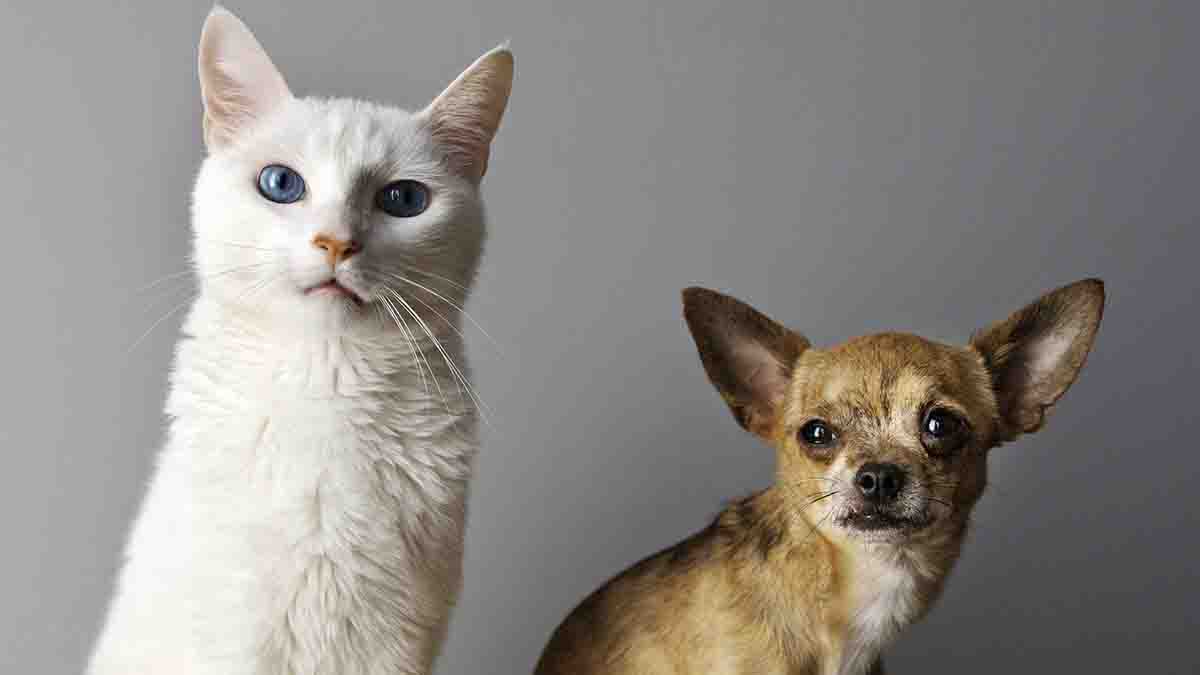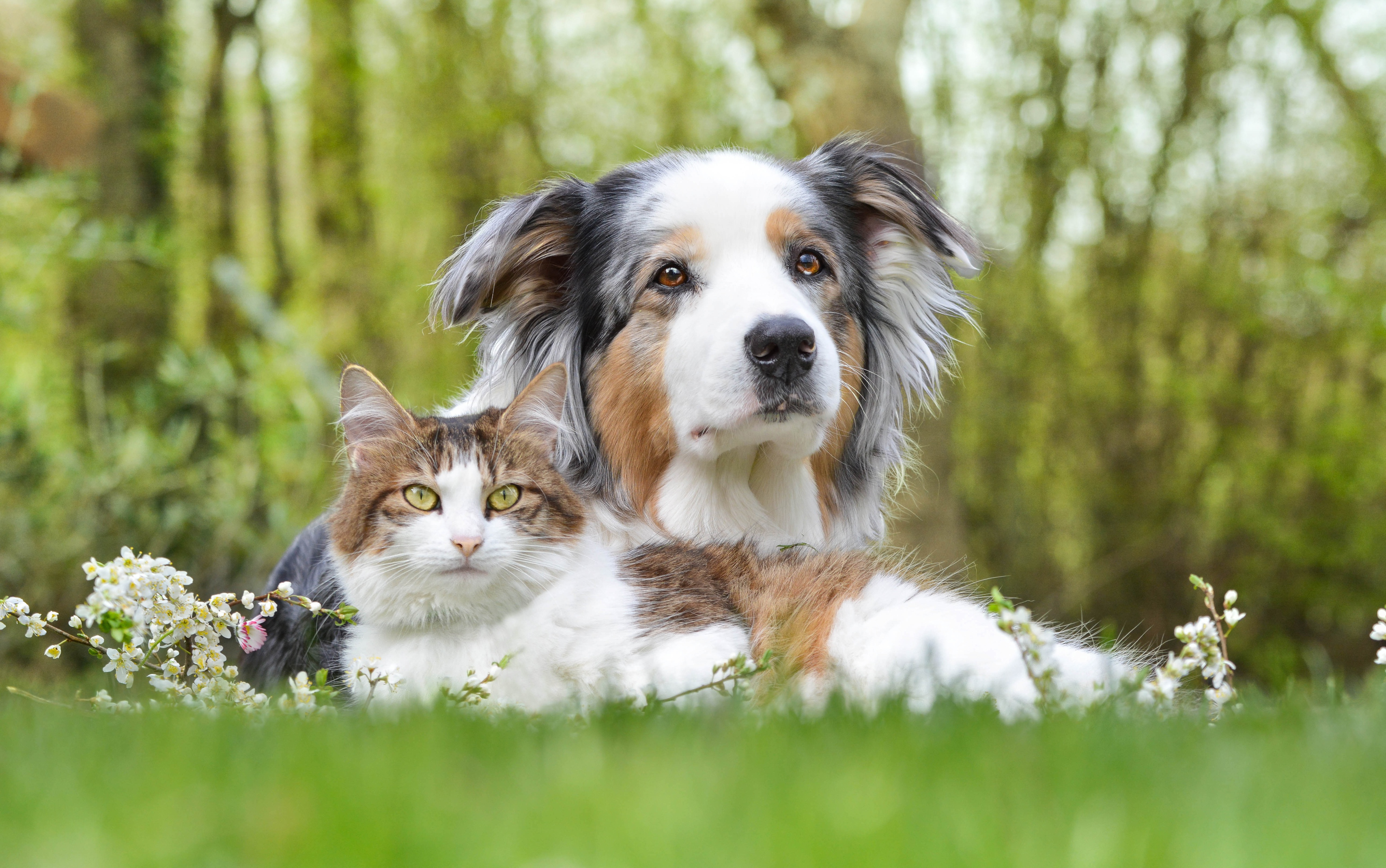Are you a pet parent and a plant lover? While houseplants can bring your home to life and enhance the atmosphere, you should be aware that some can be harmful to your furry friends.
There are over 700 house plant species that are potentially toxic to pets, leading to various health issues or even lethal consequences. If your pet ingests certain houseplants, they may experience symptoms like drooling, gagging, or vomiting.
However, Dr. Tina Wismer, the Senior Director of Toxicology at ASPCA, says you can’t tell if a plant is toxic by simply looking at them. Here are a few plants you should steer away from if you have dogs or cats, and some pet-safe alternatives to swap them out for:
Sago Palm
This plant can lead to vomiting within a few hours, and within 24 hours, may result in liver failure. It poses a significant threat to both cats and dogs.
Lilies
If you have a cat, you’ll want to avoid lilies. They can cause vomiting within hours and may lead to kidney failure within two days.
Desert rose family plants (Adenium)
These plants can cause cardiac problems in dogs and cats and should be kept out of reach.
Pet-safe plants
Thankfully, there are plenty of plants out there that are safe for your pets and can still bring some greenery to your home.
Orchids and Bromeliads are non-toxic and safe for pets, making them excellent choices for pet-friendly households.
Christmas cactuses and their relatives, the Thanksgiving and Easter cactuses, are also non-toxic and provide colorful options that won’t harm your furry companions.
If you prefer larger plants, parlor palms are an ideal choice. They thrive in low-light conditions, making them well-suited for indoor environments.
To learn more about toxic and non-toxic plants for pets, visit ASPCA.org. You will find information on hundreds of plant species, as well as specific symptoms to watch out for.
If you do notice any unusual symptoms in your pets, contact your veterinarian care provider immediately.


